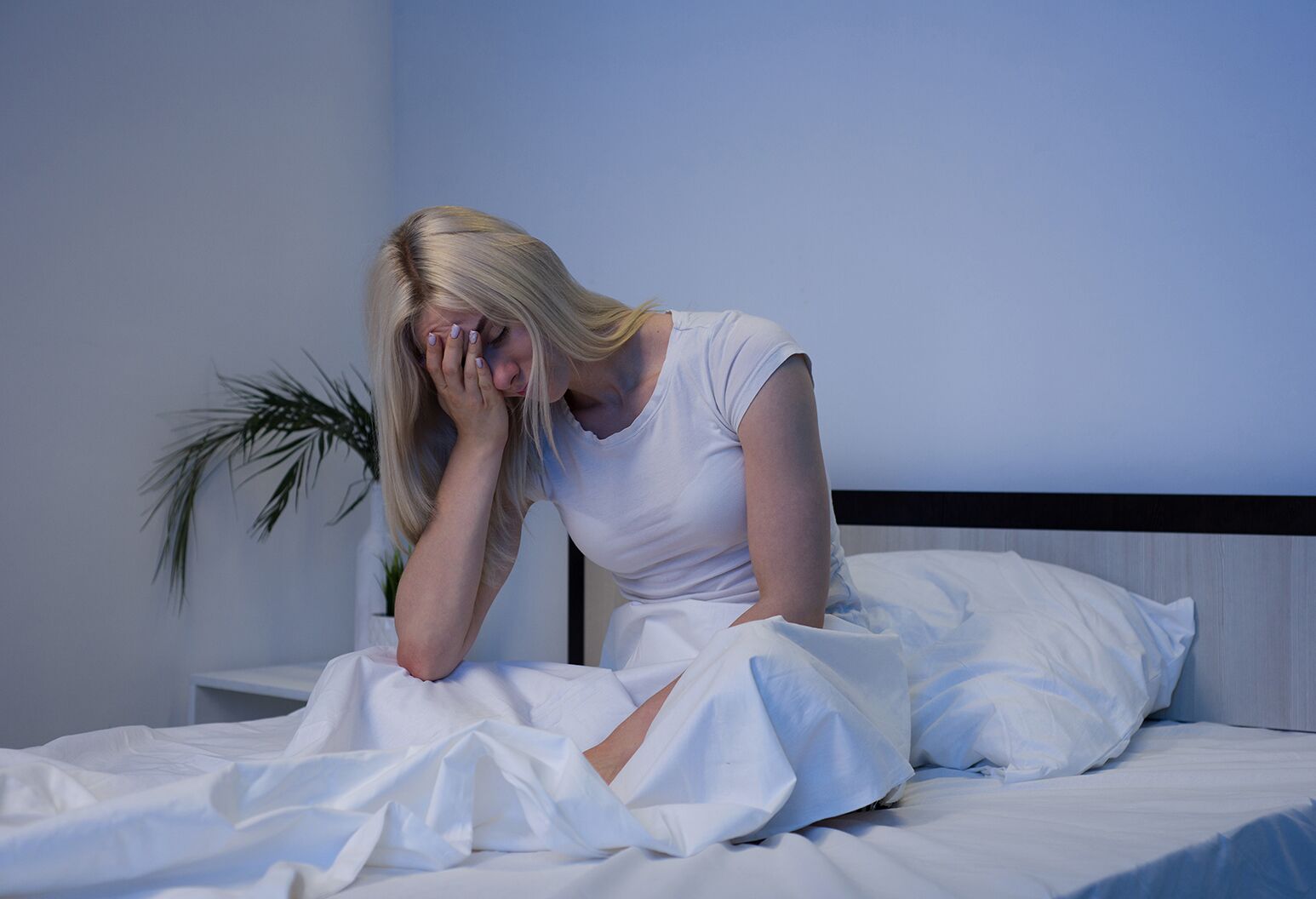sleep
How Sugar Cravings Lead To Poor Sleep

Whether it’s your smartphone, your odd sleep schedule, or your caffeine addiction, something might be keeping you awake at night.
4 min read
This is the first installment in our Happy Head series by Julie Shapiro, editor in chief of The Well by Northwell. If you’re interested in having more articles like this one delivered straight to your inbox, please sign up for the Happy Head newsletter. And to read past articles in the series, check out our Happy Head page.
How’d you sleep last night?
It’s a loaded question for so many people.
My husband won’t answer it without consulting with his Oura Ring app, as if his own experience of the night is meaningless without digital confirmation.
My mother will spend 10 minutes describing the events that begin with a trip to the bathroom and end with both parents watching TV until they both cave and pop a sleep aid that makes them groggy the next day.
How’d I sleep last night? I’ll wait to answer that question. For now, all you need to know is that sleep and I do not get along. At 3am, I can usually be found sulking in bed, silently cursing my husband for slumbering so peacefully. Eventually I’ll just get up—hours before my alarm goes off, when my back hurts too much to lie there anymore—angry at myself and the world, and anxious about taking on the day when I feel so crappy.
It’s hard to face a new day with enthusiasm and a good attitude when you’re completely exhausted. And over time, it can really take a toll.
According to the National Institutes of Health, good sleep is a basic human need and essential for survival, yet 50 to 70 million people suffer from an ongoing sleep disorder. That’s messed up, considering sleep is essential for your brain to work properly and to keep you safe and healthy.
It’s enough to keep you up at night.
So what’s a sleep-deprived person to do to protect their physical and emotional health? Lauren Broch, PhD, a psychologist and sleep specialist at Northwell, has some suggestions. She says to start by evaluating some of the habits you have around sleep:
What is your stress level and how do you relieve your stress? Regular exercise, a good therapist, and a strong social network can help.
If you’ve tried these things and you’re still struggling, I feel you. Broch says many people find relief from supplements like melatonin, magnesium glycinate, valerian, L-theanine, passion flower, and magnolia bark. But she cautions that you should consult with your physician before taking any supplement, as there may be contraindications that can be very dangerous.
She also recommends reaching out to your physician as a next step to make sure your lack of sleep is not a medical issue.
If you think you may suffer from sleep apnea, Broch suggests a sleep study to evaluate what’s going on. For those whose main issue is insomnia, she suggests seeing a therapist who specializes in cognitive behavioral therapy for insomnia (CBTi), a form of therapy that specifically addresses sleep issues that, she says, many people don’t even know exists.
Back to my own night’s sleep—I've been taking magnesium glycinate for five nights now and it's actually working! It’s easy to order on Amazon or find at your local pharmacy, and there's no grogginess the next day! I’m happy to report that I’m calmer and happier than I've been in a long time.
I really hope you find something that works for you, too. Sweet dreams!
The Well is Northwell Health’s commitment to the future of health care. In this time of information overabundance, much of which is inaccurate, unhelpful, or even difficult to understand, Northwell Health is on a mission to make a difference as an honest, trusted, and caring partner. The site connects with consumers to provide them with personalized content that reduces their stress, makes them laugh, and ultimately feel more confident and capable on their healthcare journey.